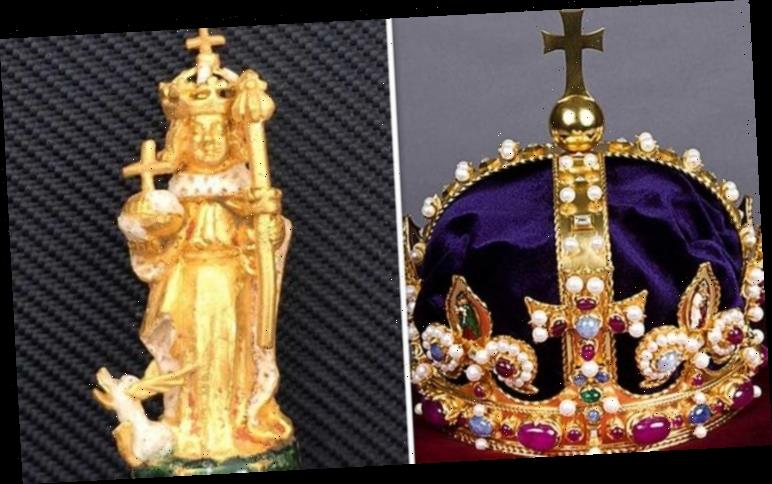SpaceX Starship explodes on landing during a test
The current prototype of SpaceX’s next-gen Starship rocket dramatically exploded on impact during its experimental test flight’s attempted landing. SpaceX Starship prototype Serial Number 9 (SN9) successfully archived its 32,800ft (10km) altitude target, almost marching December’s SN8 test. However, despite the prototype’s flight initially going according to plan, SN9 proceeding to explosively slam into the ground on its return, echoing SN8’s fate last year.
John Insprucker, SpaceX principal integration engineer, said in the company’s live stream: “We had, again, another great flight up … we’ve just got to work on that landing a little bit”.
The SpaceX commentator later added: “Reminder – this is a test flight.”
However, the event was praised by both experts for the progress made and onlookers for the cinematic explosion.
Professional spaceflight photographer John Kraus tweeted from the scene: “One of the coolest things I’ve ever seen with my own eyes.”
JUST IN: Listen to the genius Albert Einstein himself explain E=mc2 formula
We will use your email address only for sending you newsletters. Please see our Privacy Notice for details of your data protection rights.
When will Starship SN10 launch?
The best views of SN9 specular demise were likely from Starship SN9’s successor Serial Number 10 (SN10).
This next iteration of Starship stood waiting nearby at the launch site in Boca Chica, Texas.
SpaceX head Elon Musk is developing Starship to carry people to Mars, perhaps in as little as four to five years.
Starship is the upper stage of his intended Moon and Mars spacecraft.
Future finalised versions of SN9 and SN10 will eventually launch on top of a so-called “megarocket” dubbed Super Heavy still under development.
SpaceX has yet to reveal exactly when it intends to test SN10, nor has the space company shared what SN10’s testing parameters will be.
However, the next-in-line prototype is “expected to begin prelaunch testing soon”, according to a Space.com post-crash report.
The Starship program’s long-term goal is to ready the vessel as a multipurpose takeoff vehicle for missions in both low orbit and eventually deep space.
Relying on SpaceX’s Raptor engines, Starship is designed to be capable of both crewed and uncrewed payload missions.
DON’T MISS…
SpaceX to launch 60 Starlink satellites into orbit – How to watch [LIVE]
Elon Musk outlines SpaceX Mars plans to build self-sustaining city [INSIGHT]
Solar images: AI key to monitoring ‘hazardous space weather’ [INTERVIEW]
SpaceX tried and failed to launch Starship last week, after not succeeding in obtaining the required approval from the Federal Aviation Administration (FAA).
A spokesperson said: “The FAA will not compromise its responsibility to protect public safety.
“We will approve the modification only after we are satisfied that SpaceX has taken the necessary steps to comply with regulatory requirements.”
However, controversial billionaire Elon Musk was clearly unhappy with the FAA’s decision.
He tweeted on Friday, January 28: “Unlike its aircraft division, which is fine, the FAA space division has a fundamentally broken regulatory structure.
“Their rules are meant for a handful of expendable launches per year from a few government facilities. Under those rules, humanity will never get to Mars.”
SpaceX’s first all-civilian space flight is still slated to take place later this year.
This will also serve as a fundraising opportunity for St Jude Children’s Research Hospital, which expects to generate $200 million (£146 million) for causes including cancer research.
Jared Isaacman, the billionaire businessman who will finance and pilot the multi-day mission for himself and three others, will drive the publicity push with an impending Super Bowl advert.
Anyone 18 or older can, until the end of the month, head to St Jude’s website to enter for a chance to win a seat onboard.
Source: Read Full Article






